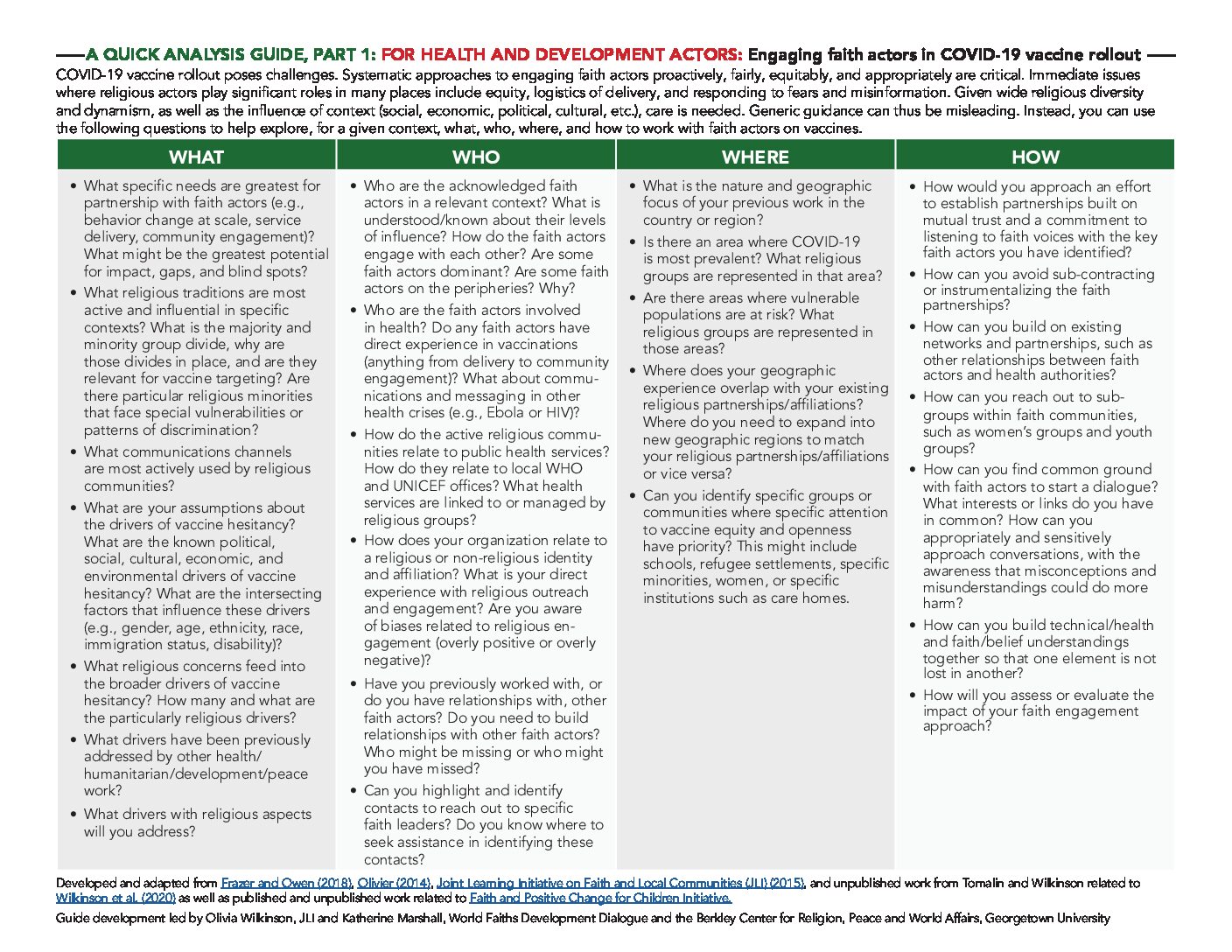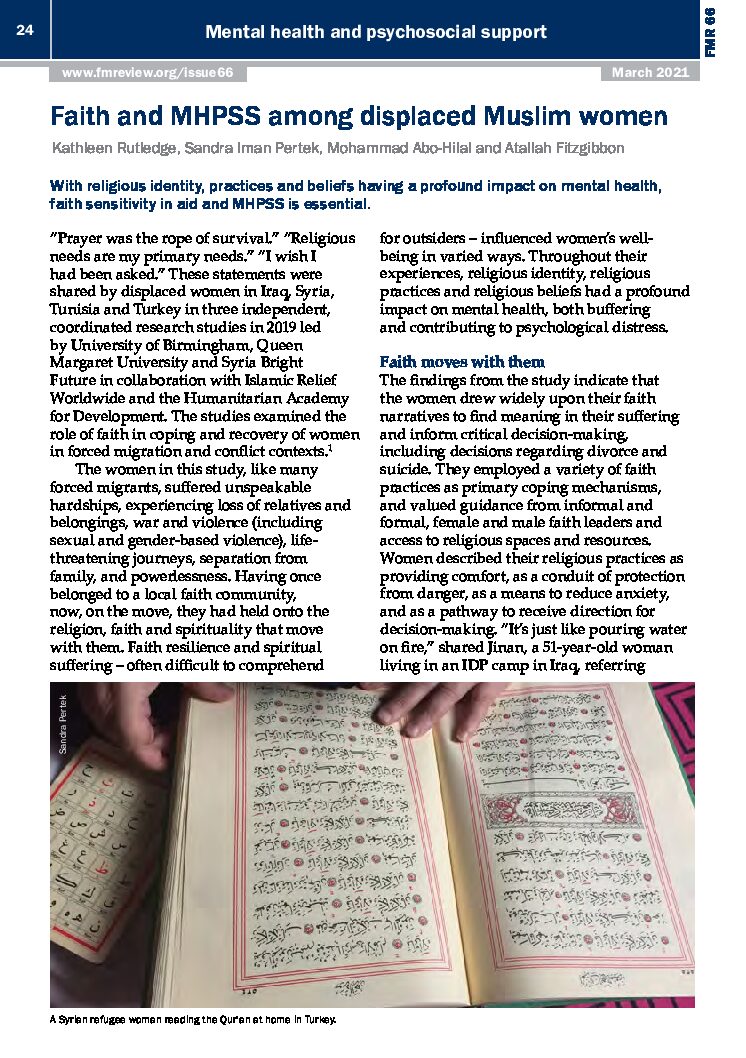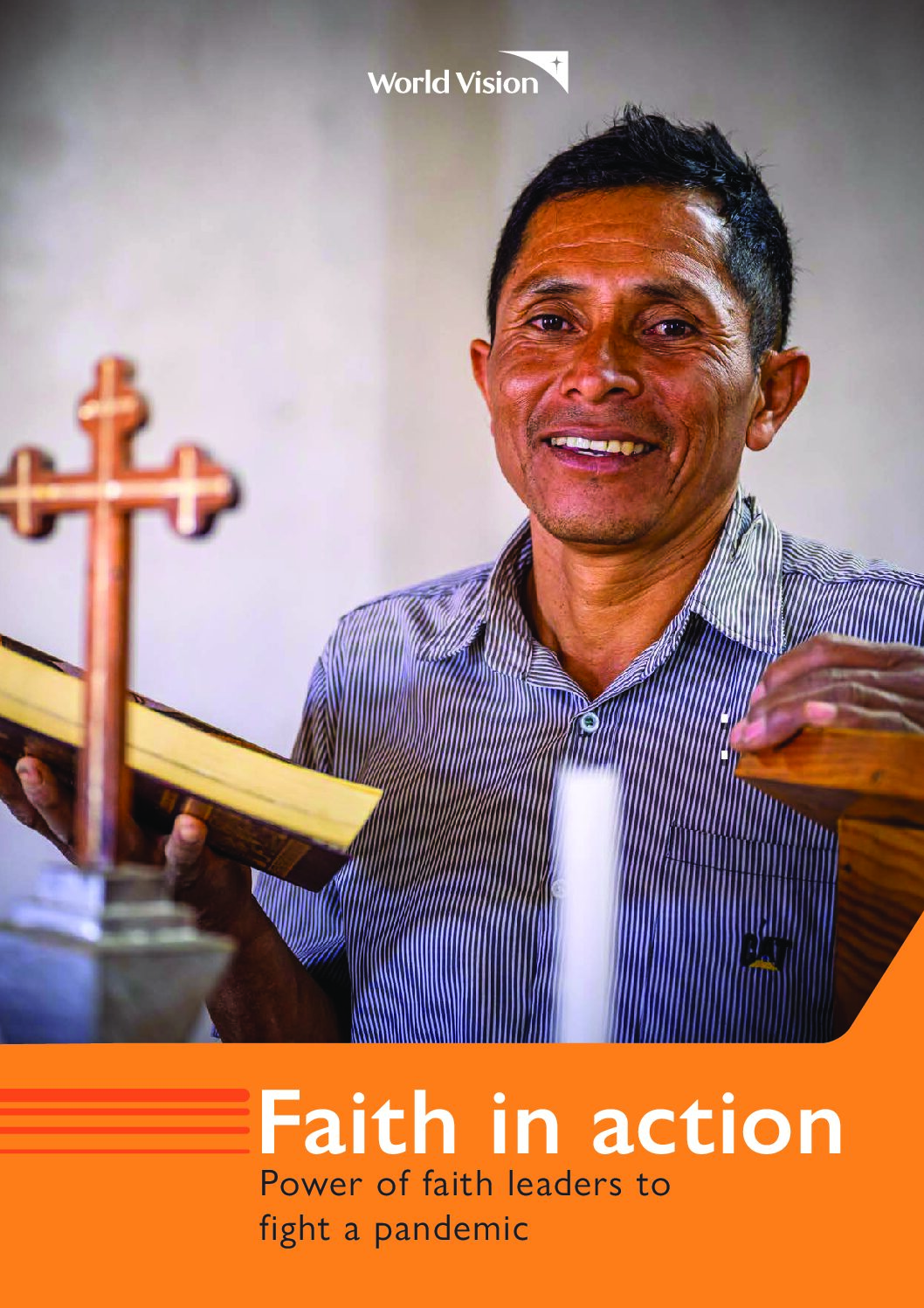SheWORKS: Strengthening our faith community during COVID-19
Tina Dedace
Made in Hope Philippines/ SheWORKS, Inc.

COVID-19 strikes
SheWORKS (Women of Reliability, Knowledge and Skills) was established as an NGO in 2016 and is a faith-based organization in the Philippines that serves women survivors of sex trafficking and their children. It operates in two squatter communities in Quezon City, Metro Manila, specifically Sitio Ruby and Payatas, where the women survivors and their children live, currently serving 52 women and their 75 children. Our vision is to support ‘Every trafficked woman survivor living with her God-given dignity, meeting her practical needs sufficiently, serving and leading others in the community and advocating against modern-day slavery of women and children, in partnership with the Body of Christ.’ In addition to practically supporting the needs of women and their children, SheWORKS offers a training program for survivors who exhibit leadership potential and have a desire to reach out to and serve their communities.
When COVID-19 struck the whole world our small group of four staff and five trainees was gripped with fear. Lots of questions ran through our minds: how are we to sustain 52 women survivors of trafficking and their 75 kids in their communities? Before the pandemic, everyone was in constant need. More so during that period. Difficult as it was, we learned valuable lessons about being a faith community.
We needed to act fast before the heavy lockdowns came. There seemed to be so much to do amidst not really knowing what to do and how to do it. Our priority was to stay safe and make sure that our communities were sustained with basic necessities. Armed with second-hand laptops each, a few kilos of rice, some canned food products and books, we temporarily bade goodbye to the five women survivors whom we were training for leadership, hoping that we would be able to continue with lessons through remote learning. Despite the difficulty of communicating because of the weak internet connection, we were able to train them with computer skills and to discuss life skills through our downloaded videos and reading materials. Our partner for that provided sponsorship for the kids’ education, One Child, generously allowed us to ‘convert’ their monthly kids’ support to family support. This was very helpful, since the government support provided to families during the pandemic was only very minimal. However, as we regularly supplied survivors them with food during the pandemic, we sensed during our visits that they also had a great need for emotional and mental support. We asked ourselves: how do we help the women and their families cope with and survive the daily news of rising death tolls, the constant threats of infection, and their uncomfortable condition, living in their box-type shanties day and night? How do we address the escalating quarrels within family members, especially in the kids’ presence?
Our activities move online
We took comfort in the regular Bible reflections that we continued to conduct online. Weekly, we met the kids online for watching short Bible stories and for listening to a weekly kids’ radio program. Our discussions were filled with stories about what they were learning in life – stories of courage and obedience to God that taught them about the value of trusting in Him in difficult circumstances, and on being channels of blessing to their families and friends. We were also able to carry out online monthly sessions with women survivors on parenting and building good relationships according to biblical principles. Given the increased challenges of raising children during lockdown, many found lessons about how to understand their kids’ developmental stages particularly useful at that time. They also learned how to teach their kids and to help them with their schoolwork through observing our volunteer online tutors. To support kids’ learning around their safety during the pandemic, we produced two comic workbooks on COVID-19, which they answered and discussed online.
As one woman said, “I used to spank my kids when they were so inquisitive and hyperactive, but now I understand them because of the developmental characteristics of children which we have discussed.”
As a matter of priority, we conducted discussions on child sexual abuse and the perils of online sexual exploitation of children (OSEC) which was becoming rampant in the Philippines because of the pandemic. Both the parents and the children needed to know how to prevent themselves from falling prey into this type of trafficking. With the things that they were learning, they also began to reach out to their other fellow survivors in their communities. The women also had opportunities to express their hurts, frustrations and longings, and they received emotional support through our informal peer counseling. Each online encounter provided a safe space for us to realize some significant lessons in life: food and good health are important in order to survive during a pandemic; but building good relationships is equally valuable.
The impact of COVID on the SheWORKS community and how we supported each other
One big blow that we experienced was when one of our trainee women leaders’ 10-year old kid unexpectedly died of cardiac arrest. She was inconsolable; we offered spaces for her and all of us to grieve with her family online. For Filipinos, providing comfort during deaths entails physical presence during the wake, but with the lockdown, it was difficult for us not to be there. Our four other trainee women leaders managed to make a one-day wake visit, and we organized nightly online services. Financial support poured out to their family from various members of our SheWORKS community. She shared later that she felt God’s love throughout their grieving process. She is now one of SheWORKS’ Resident Women Leaders whose task is to serve other survivors in our two communities and provide physical, emotional and spiritual support to them through weekly home visits. The comforted has now become a comforter for others.
We grew in our relationships during the pandemic because we learned to care for each other in simple, practical ways, where some women supported others in accompanying their kids to hospitals for broken bones and burns, as well as assisting during childbirth. When survivors are helped/assisted in their needs, they begin to appreciate that people care for them, and that they matter to others. Listening and sharing online also helped them during this difficult time in assuring them that, together, we are a community, whatever challenges come our way.
We also realized the need to listen to one another and offer weekly prayers for our families. Other relatives soon joined in because we kept our doors open for them. When the lockdowns eased, we were able to visit the homes of survivors again rather than only meeting online, and we heard from them how valuable they had found the online sessions. They were sustained because they felt that they had a community to turn to for friendship, comfort and encouragement.
Strengthening our faith
Our struggle is far from over since many challenges continue to surface, even as the pandemic eases. Yet we can only look back to 2020 up to the present time and see how gracious God has been to our community. In one of our early reflections, we learned from the story of the disciples on the boat with Jesus (Mark 4: 35-41). While the disciples were panicking and struggling to survive, they looked around and found Jesus sleeping. In desperation, they complained and asked Jesus if He cared enough that they were going to die. Jesus got up and immediately calmed the storm. The disciples must have thought deeply after this, especially as they recalled hearing Him speak a few words to the waves: “Quiet! Be still!” To the disciples, He asked, “Why are you so afraid? Do you still have no faith?” We know for sure that Jesus understood us when we were confused and panicking. But through this story, He also taught our community to journey together amidst the great storms of life, to be present for one another, to trust God and to wait for Him to still the raging seas.




0 Comments